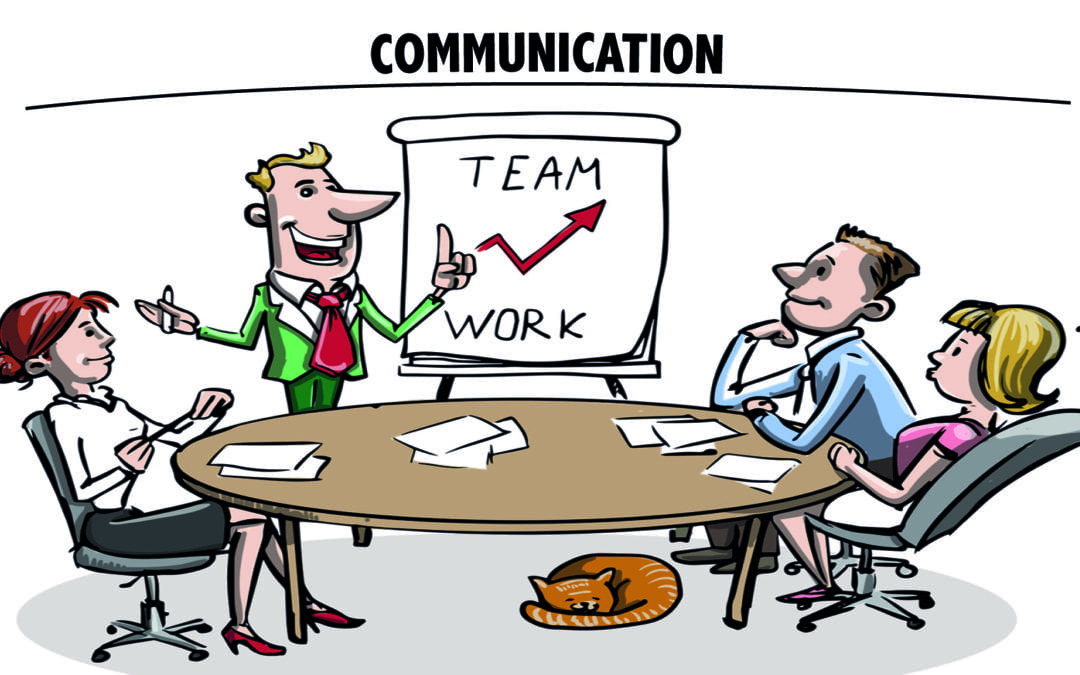Business Communication: What Should I Know?
The way we communicate in the workplace can vary significantly from one country to another. Although there are some international rules, you may need to understand your partners’ cultures to improve business communication and build a long-lasting business abroad.
Although cultural differences in terms of body language tend to fade, there are still some particularities to take into consideration.
Eye contact
Making eye contact is a proof of attention in Western and Latin American countries but is also a sign of dominance – or worse, aggression – in Japan. It can therefore create embarrassing situations. Make sure your eye contact is very brief.
Handshakes
It is now common around the world to handshake your co-workers in a business context, apart from a few exceptions such as Thailand, or in some Muslim countries between men and women. In countries where physical contact is considered rude, such as Japan, handshakes should be brief and limp. Also, you will exchange business cards, and should have yours translated into Japanese. It’s a very common practice to give one’s business card when meeting someone in a professional context.
Personal space
In Latin American countries, even in a professional context, casual touching and physical proximity during a conversation are commonplace. Whereas people can consider it inappropriate in the UK or in Germany, it creates a climate of trust in Latin American countries.
Emotional display
It is not always professional to show how you feel to your co-workers. In some countries though, you can share your personal opinions or state of mind more freely than others. In China for example, it is well accepted to display positive emotions. On the contrary, showing negative feelings such as sadness, boredom or anger is considered inappropriate. However, in France, complaining about one’s situation in a polite way can be socially acceptable.
Language
It’s true that English is the international language for business, but assuming that speaking English is enough to avoid misunderstandings is a huge mistake. The fact is that most people only know English as a second language and may have a hard time understanding the subtleties of the language. Recently, the Globish language – a combination of ‘global’ and ‘English’ – has appeared as an international version of English. It has around 1,500 words and excludes any figurative language. Speaking ‘Globish’ – even for a native English speaker – can be very practical in an international business context and improve communications amongst global affiliates. However, fluency – if not, high proficiency – in the local language is always essential to communicate with your customers.
Need good translation to communicate with new clients?
At LingoStar, we know that communication is critical to your business. That’s why we provide translations made by native speakers and professional translators with more than 20 years of experience translating in their areas of expertise. For more information about our services, visit our website.
You’re in Vancouver? Let’s meet and talk about your translation projects!
Don’t miss out on our promotions and blog posts!
| SUBSCRIBE TO NEWSLETTER |

















